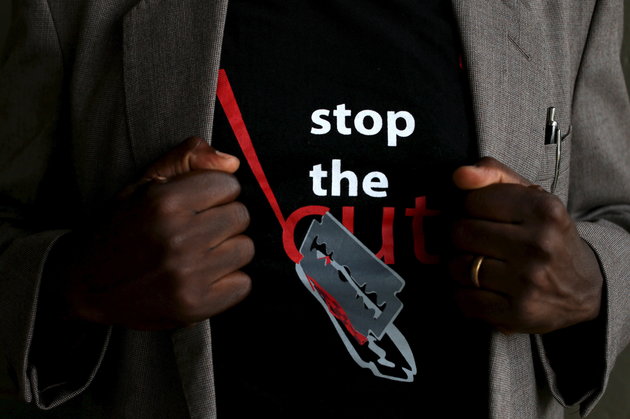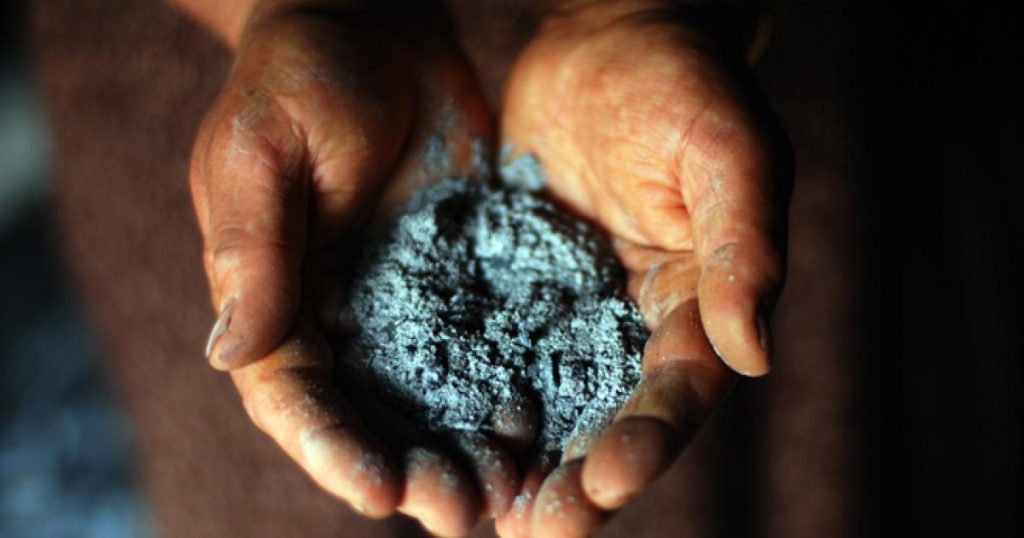
The fight against FGM seemed to be prominent in Africa. Or so I had thought. After all, as an African living in Africa, there is the tendency to think it is a problem with our people alone. However, when I discovered that this is not the case as it is also being practised in the Middle East and parts of Asia, I am forced to conclude that it is indeed a global concern.
According to WHO there are more than 200 million living girls and women who have been cut. This number was recorded in 30 countries across Africa, Middle East and Asia. These numbers are startling despite that the practice is internationally recognized as an abuse of human rights.
What is FGM
Female Genital Mutilation (FGM) refers to all the procedures involved in the partial or total removal of the female genitalia for non-medical reasons. It is also known as “female circumcision” and is carried out in girls across all ages however it is common in girls below adolescence and rare in adults.
Sadly, there are many traditions supporting this act with several cultural myths. For example, in some traditions, it is perceived that an “uncircumcised woman” would become sexually promiscuous; funny right?
Why we should fight against FGM?
To be honest, there is no known advantage or benefit of the process to the girl or woman. On the contrary, it causes more harm. It is nothing but a disfiguration of the natural structure of the woman’s body.
The risk associated with this gruesome act comes with both long and short term effects.
The items used for the mutilation are often contaminated as some scenarios exist where one instrument is used per time for several girls without sterilizing. This puts the girls/women at the risk of infections and quite sadly, they often cannot afford to treat themselves.
The severe bleeding, urinary problems, wounds and scars, future difficulty with sexual intercourse and complications in childbirth are major effects FGM has on its victims. Some others are not so lucky, and lose their lives in the process. Those who remain are wounded, depressed and scarred for life both physically and emotionally.
What is your role in this fight?
It is everyone’s duty to collectively stop female genital mutilation. Asides the obvious- don’t do it and don’t encourage it. There are other steps you can take to ensure it is grossly reduced if not totally terminated.
First, there has to be increased awareness. Since the beliefs backing up FGM are collectively held by communities, it is important to address it through awareness campaigns targeted at small groups of culturally related people and explain in detail the downsides of these actions.
In many countries, this practice is banned because of its known effects. So as an agent of change, you should be observant to know if such practices are carried out in your locality and report to the rightful authority for due actions.
Women and girls should be encouraged to speak up and stand for themselves when someone attempts to mishandle their bodies. We may have been unable to protect victims in the past but girls unborn should be kept away from this danger.

